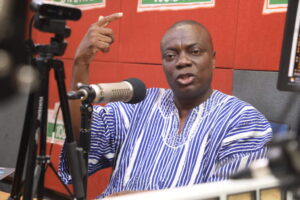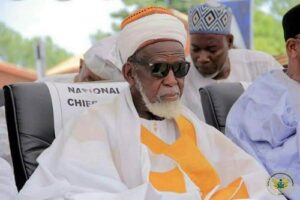
Tanzania’s President Samia Suluhu Hassan has been re-elected with a landslide victory, securing 97.66% of the total votes, according to the electoral commission. However, her re-election comes amid controversy and challenges.
Challenges Ahead:
Post-Election Protests: The election was marred by violent protests, with demonstrators alleging irregularities and widespread repression. The protests resulted in deaths, injuries, and arrests.
Limited Opposition: The main opposition party, CHADEMA, was barred from the election, and its leader, Tundu Lissu, was charged with treason. Other opposition candidates were also disqualified or jailed.
Human Rights Concerns: Human rights groups have accused the government of unexplained abductions, torture, and extrajudicial killings targeting opposition figures, activists, and journalists.
International Criticism: The European Union, Amnesty International, and other observers have criticized the election as neither free nor fair, citing restrictions on opposition activity and media freedom.
Economic and Social Issues: Tanzania faces economic and social challenges, including poverty, unemployment, and infrastructure deficits, which Hassan’s government will need to address.
Potential Path Forward: To alleviate the current crisis, Tanzania could consider inclusive dialogue between the government, opposition parties, and civil society. Strengthening electoral observation mechanisms, guaranteeing transparency, and affirming commitment to democratic practices could help build trust and stability .






